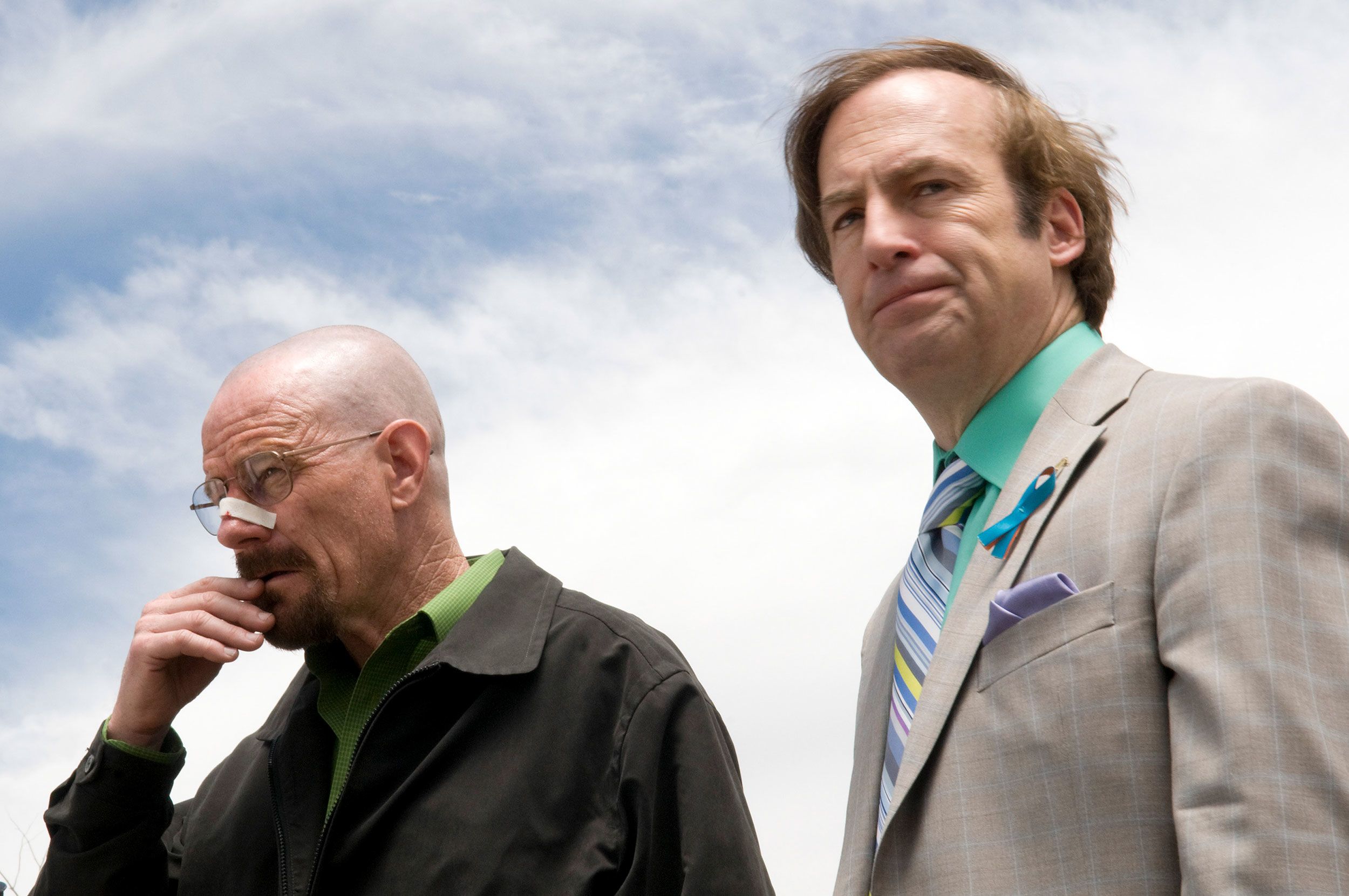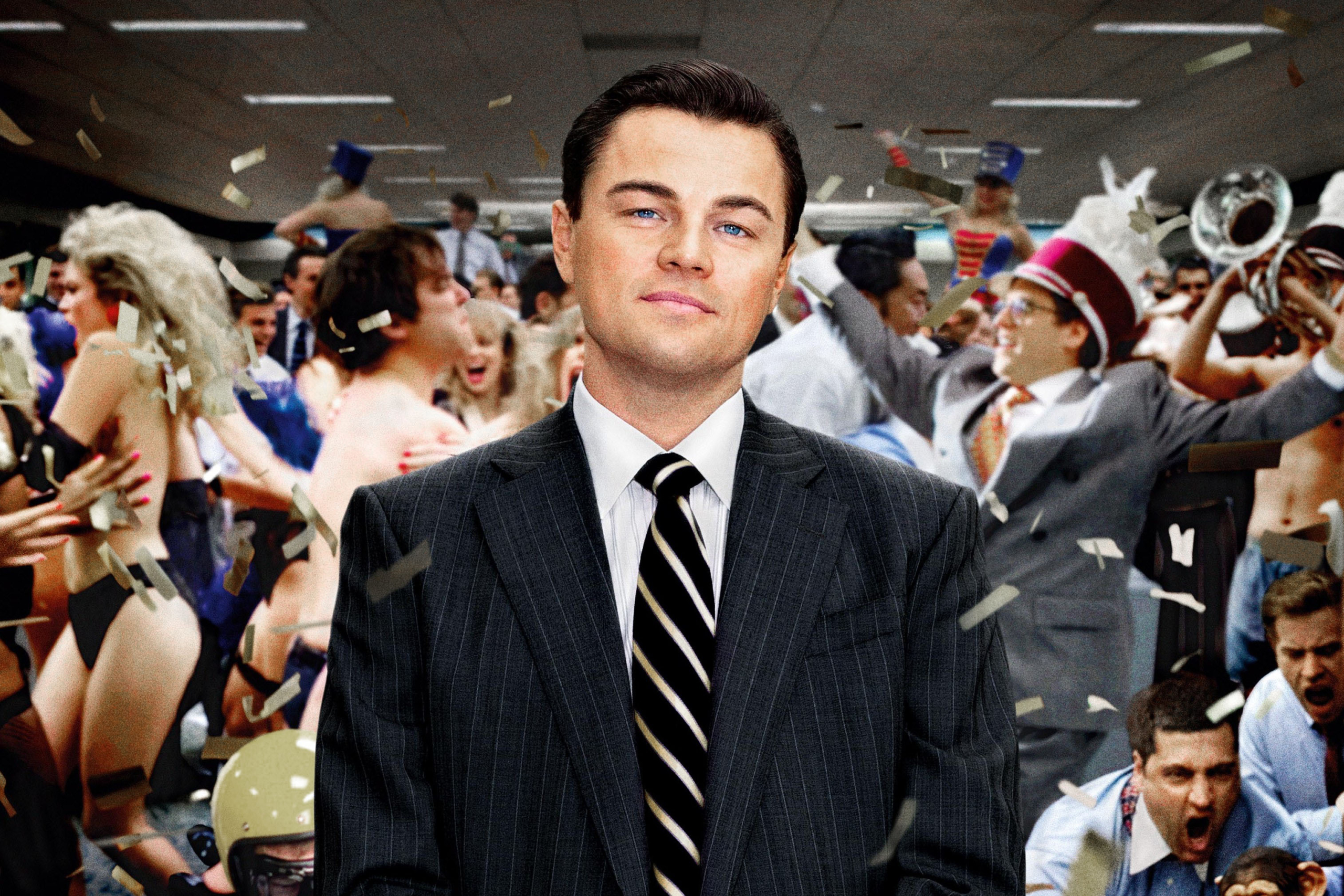Introduction:
The critically acclaimed television series ‘Better Call Saul’ has amazed audiences with its gripping narrative and intricate character development. As a prequel to ‘Breaking Bad,’ it delves into the lives of several key players in the drug trade, shedding new light on their motivations and actions. Upon revisiting the series, one realization becomes increasingly apparent: Walter White, the iconic protagonist of ‘Breaking Bad,’ despite his undeniable brilliance, falls short when compared to the sophisticated operations orchestrated by his criminal counterparts. This article explores how ‘Better Call Saul’ unravels the complexities of Walter White’s character and highlights the fundamental flaw that hindered his success.
The Expansive Operations:
In ‘Better Call Saul,’ the audience gains insight into the expansive operations spearheaded by Gus Fring and the Madrigal Electromotive Corporation. As the story unfolds, it becomes evident that these criminals operate on a scale that Walt could only dream of achieving. The intricate web of money laundering, international connections, and meticulous planning showcase the level of sophistication that drives their empire. Walter’s best attempt at money laundering involved a humble car wash, which ultimately failed to meet his expectations. This contrast highlights the disparity between Walt’s ambitions and the grandeur of the operations witnessed in ‘Better Call Saul.’
Lydia and Gus:

The characters of Lydia and Gus Fring emerge as the epitome of strategic brilliance in ‘Better Call Saul.’ Lydia, with her pristine house, and Gus with his meticulous attention to detail, symbolize the success that eluded Walter White. Their empire thrived under the radar of the DEA, leaving them virtually untouchable. It is through their success that viewers realize that Walt’s involvement in the meth business inadvertently served as a hindrance rather than a facilitator for his desired outcomes. By drawing comparisons between Walter and his criminal counterparts, ‘Better Call Saul’ underscores the crucial element that led to Walt’s downfall: his inability to effectively collaborate with others.
The Salamancas: A Testament to Wealth:
The Salamanca family, another key player introduced in ‘Better Call Saul,’ serves as a prime example of the wealth and power amassed within the drug trade. Their vast fortune is evident in their private bank vault housed within a garage filled with an impressive collection of classic cars. The DEA remains oblivious to their activities, further emphasizing the magnitude of the empire that Walt inadvertently disrupted. As viewers witness the opulence and influence enjoyed by the Salamancas, it becomes clear that Walter’s ambition and ego blinded him to the true potential of collaboration and effective partnership.
The Consequences of Walt’s Ego and Selfishness:
While ‘Breaking Bad’ explores the themes of Walt’s hubris and ego leading to his downfall, ‘Better Call Saul’ adds a new layer of understanding to this narrative. Walter’s refusal to work harmoniously with others ultimately hindered his success. Despite his brilliance in chemistry, he lacked the foresight to comprehend the benefits of collaboration and synergy. Unlike Gus and Lydia, whose operations thrived due to their ability to assemble a team of skilled individuals, Walt’s insistence on being the sole mastermind of his empire led to his downfall.
An Idiot Caused the Fall of an Empire:
‘Better Call Saul’ offers a fresh perspective on the character of Walter White, exposing his limitations and flaws within the context of an elaborate criminal underworld. The series demonstrates that, while Walt possessed unmatched genius in chemistry, his inability to effectively collaborate with others prevented him from achieving the same level of success as his criminal counterparts.

Through the lens of ‘Better Call Saul,’ it becomes clear that Walter’s ego and hubris were significant factors in his ultimate downfall. As viewers reflect on both series, they gain a deeper understanding of the intricate dynamics at play within the world of ‘Breaking Bad,’ making it apparent just how much Walt’s inability to work with others impacted his aspirations for wealth and a happy family.










